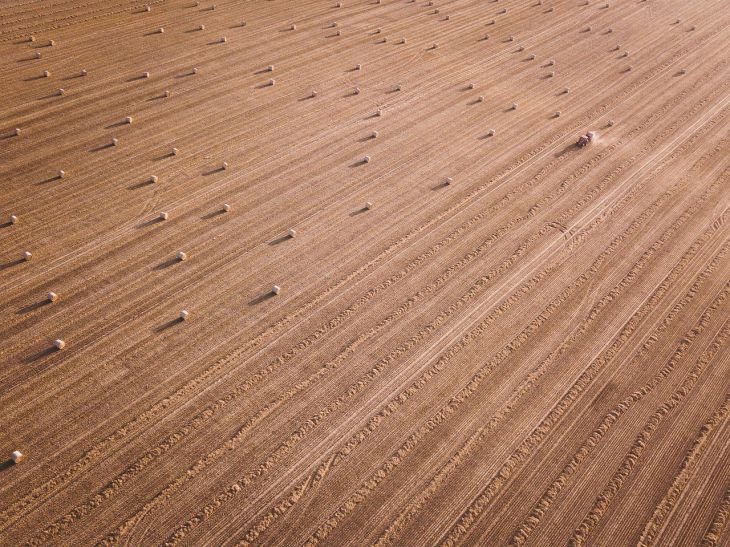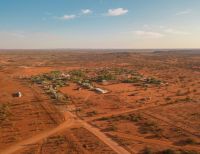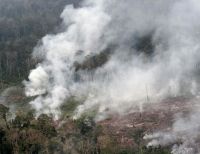
Fig.2 from the research shows the impacts of climate change and extreme weather events across New South Wales, in terms of socio-demographic dimensions (top row), the effect on jobs and economy (middle row), and nutrient availability (bottom row). For legend and further details, please refer to the research paper. Image: Dr Arunima Malik and co-authors, University of Sydney.
Previous research undertaken by the Integrated Sustainability Analysis group has shown that a localised disaster (such as a cyclone in Queensland) can impact every other Australian state, resulting in losses across primary, secondary and tertiary sectors.
“What plays out globally seems to play out locally as well. Everyone is affected by climate change, even if they’re not in areas directly hit by extreme weather, and the vulnerable are affected most,” said study co-author and Professor of Sustainability Research from the Faculty of Science Manfred Lenzen.
The modelling also found that such impacts could lead to localised food price increases and diminished food quality, with poor households faring worse than affluent counterparts even in the same area.
Co-author, Professor David Raubenheimer from the Charles Perkins Centre said: “Disruptions to food supply can negatively impact diet quality, through reducing the variety that contributes to a balanced diet, diverting diets to unhealthy processed foods that have a longer shelf life. This disproportionately impacts vulnerable groups, who do not have the means to pay escalating prices for scarce fresh foods.”
Co-author Dr Sinead Boylan, a nutrition systems scientist at CSIRO said: “This research highlights that climate change may not only affect food supply in NSW, but access to healthy and equitable diets, particularly among the most vulnerable populations. These findings could help inform mitigation strategies to help these communities adapt.”
Impacts on food production would also lead to an impact on employment and income losses not just in the food supply chains, but also in the transportation and service sectors.
The research was based on a methodology which integrated a nutritional framework with regional supply chain impacts and employment and income loss models, providing a holistic view on the impacts of climate change and extreme weather events.
“Frameworks such as this could well be used to inform decision-making processes by governments and other organising bodies. It is vitally important that communities and organisations have an awareness of these impacts to encourage better mitigation planning and climate change resilience,” said Dr Malik.
“The cascading effects, generated by continuing climate variability and more frequent extreme weather events, not only disrupt supply chains, but may also trigger zoonotic diseases, foodborne epidemics, and broad socio-demographic stresses, including inter-regional migration and social unrest. It’s vital that we understand these impacts so we can build a more resilient society,” she said.
DISCLOSURE
The study, Impacts of climate change and extreme weather on food supply chains cascade across sectors and regions in Australia, was financially supported by the NSW Department of Planning, Industry and Environment via the Human Health and Social Impact Node, Australian Research Council (projects DP0985522, DP130101293, DP190102277, LE160100066, DP200102585, DP200103005, LP200100311, IH190100009), the National eResearch Collaboration Tools and Resources project, through the Industrial Ecology Virtual Laboratory infrastructure VL 201 and the University of Sydney SOAR prize.
The paper’s authors, Arunima Malik, Mengyu Li, Manfred Lenzen, Jacob Fry, Navoda Liyanapathirana, Kathleen Beyer, Sinead Boylan, Amanda Lee, David Raubenheimer, Arne Geschke and Mikhail Prokopenko have no competing interests to declare.







